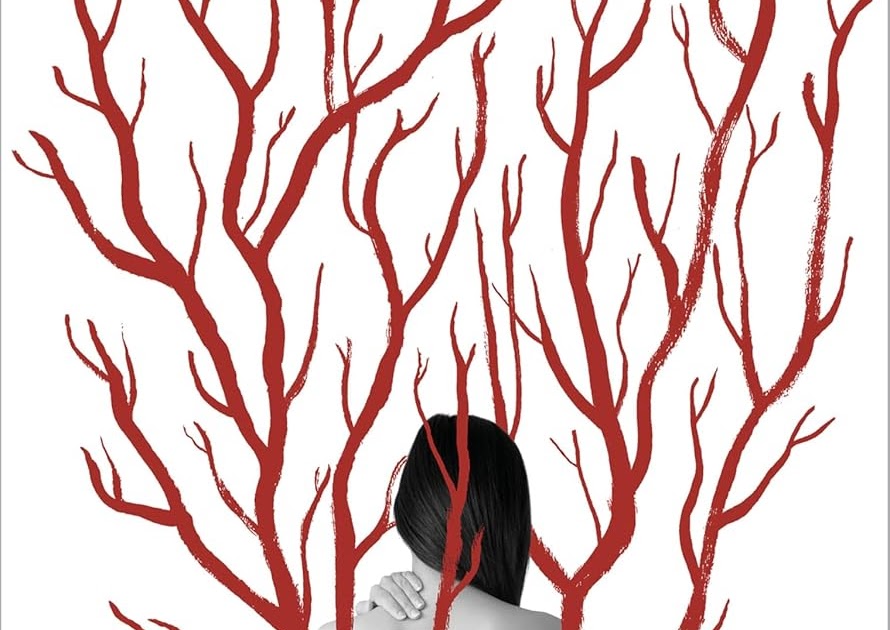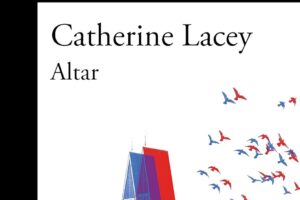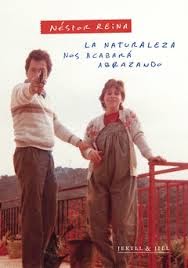
Original language: Korean
Original title: Chaesikjuuija (vegetarian)
Translation: Sunme Yoon
Year of publication: 2007
Valuation: disappointing (because of the Nobel and the ‘highly recommended’ in the original review)
Obviously, it is not Kang’s fault that he was awarded the Nobel Prize and, probably, from the expression he shows in interviews, he is not very excited either. Perhaps it feels like a burden that you have to carry from now on (I’m not saying this because of the juicy cash prize). If not, your biggest problem will be this negative review.
K-pop fever and Korean soap operas can distort our perception of an extremely conservative country that, until a few decades ago, was somewhat outside the trends of the Western world. Even now, vegetarianism (veganism, etc.), as a commonly used lifestyle, is something typical of India, Europe and, believe it or not, Mexico. However, and saving the almost two decades that separate us from the publication of this book, vegetarianism seen as the height of social withdrawal seems a bit exaggerated. I understand that it is used here only as an example of everything that society shoves down our esophagus (literally and metaphorically), but, that being the case, I do not understand the insistence in some passages on the disgrace that falls on a family when one of its members decide to stop eating meat.
I think this book is good. I agree with most of the positive points in the original review. But, as the review says, the disappointment comes from the high expectations I had for myself. Therefore, I urge you to read the review and the title of the book to get an idea of the plot and the praise received. I will limit myself here to those aspects that I consider negative.
I feel the characters are somewhat one-dimensional. An example: the husband. Macho, violent, pusillanimous, etc. He looks like a Korean soap opera villain. His only reason for choosing a wife was because he wanted precisely that, a wife: submissive, invisible, obedient, etc. Which makes me question the protagonist’s motivations. It seems totally irrelevant to his own life. She lives locked in herself. He could very well be autistic, although that’s not what the book is about. Violence, machismo, social pressure, etc., have paralyzed her, until the fact of stopping eating meat, instead of freeing her, seems to sink her even further into that internal well. A defeated person. I hope that’s not why it touched many people’s hearts.
Another point: vegetarianism as allegory. Choosing passivity and indolence as an alternative to violence seems to me to be a bit half-hearted. I would like to give an example to contrast. In Roth’s “American Pastoral,” the protagonist’s daughter converts to Jainism in such a radical and seemingly irrational way that she ends up destroying her own humanity. An overwhelming story. “The Vegetarian” (no pun intended) lacks meat.
Finally, I can’t help but emphasize that I think it’s a good story, but it doesn’t surpass the high bar they set for it.
Other works by Han Kang reviewed in ULAD: Human Acts, Greek Class, Blanco
Original review: The vegetarian
Source: https://unlibroaldia.blogspot.com/2024/10/contrarresena-la-vegetariana-de-han-kang.html


